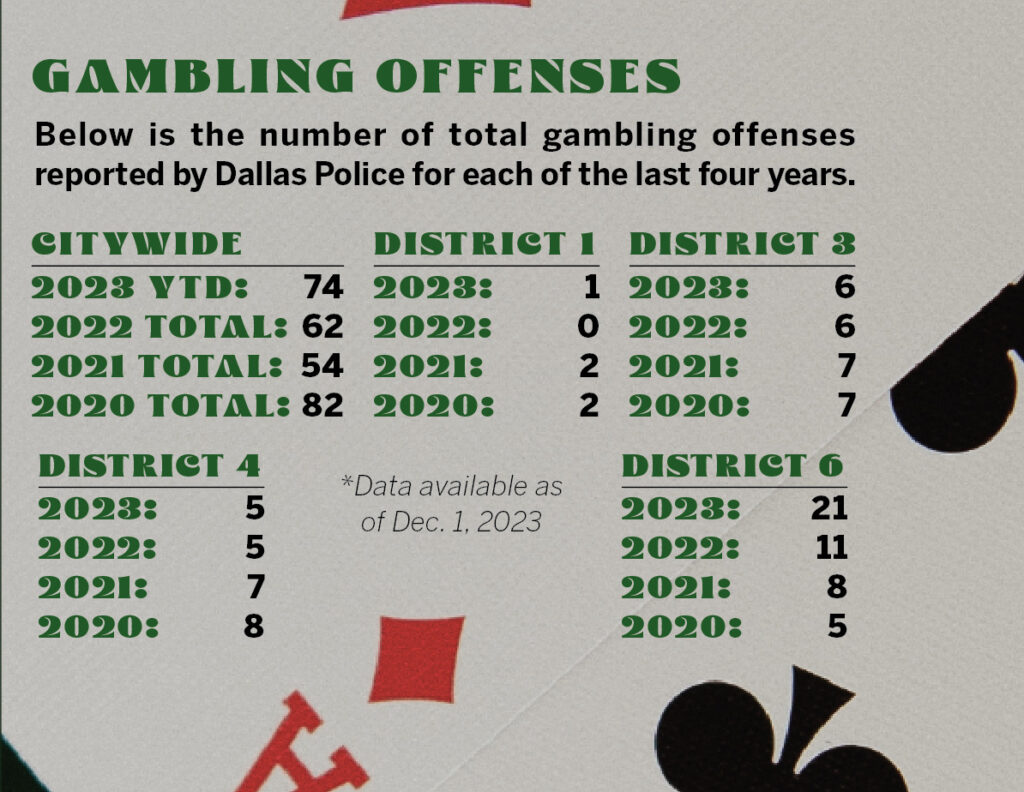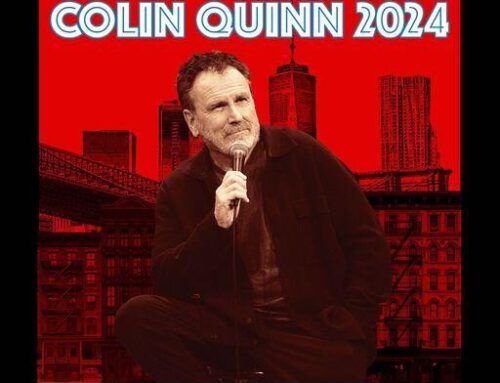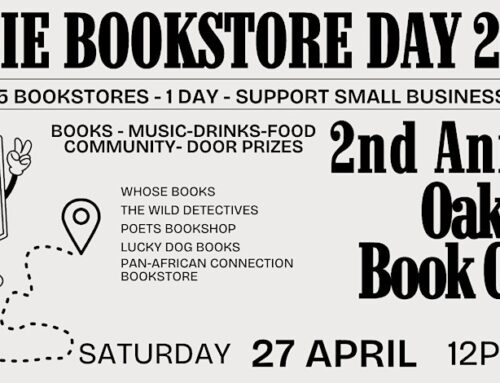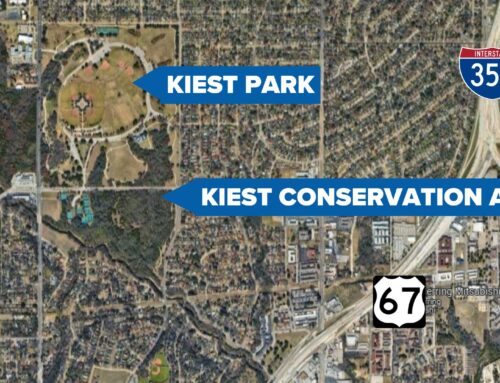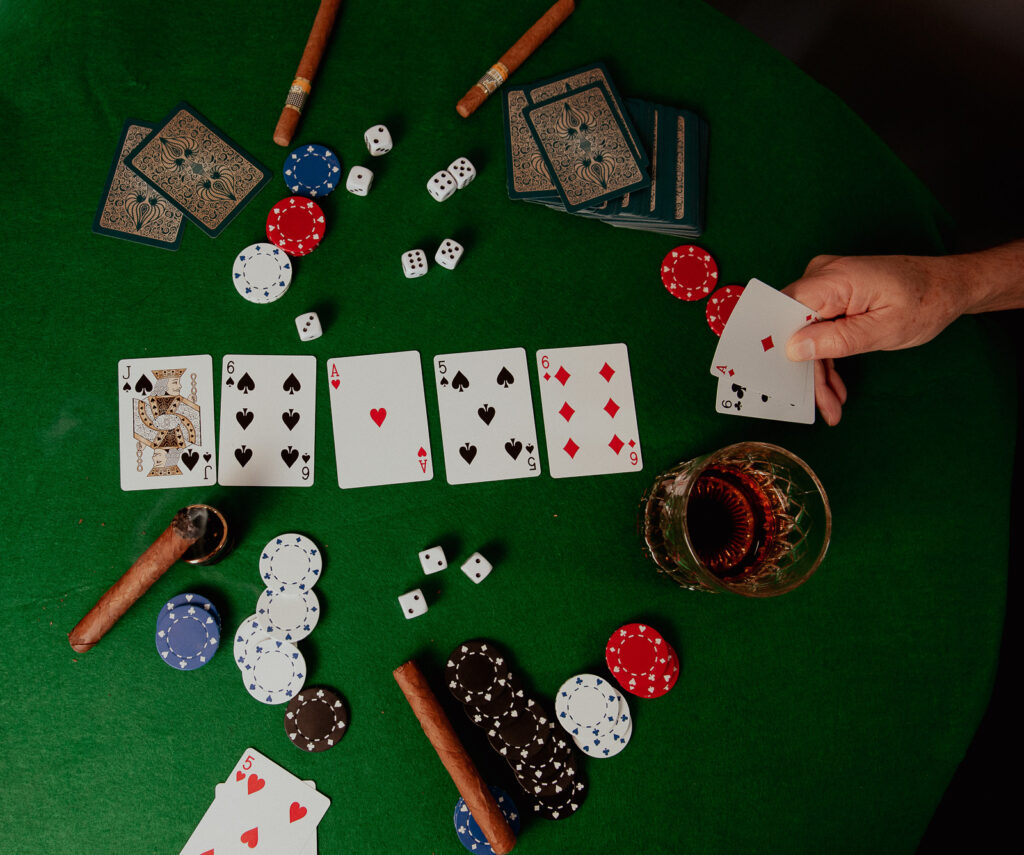
Doc Holliday learned to gamble in Dallas.
One of the most famous gunmen of the West, he called Dallas the “last Big City before the Western frontier.” He’d come to our city to set up a dentistry practice near Dealey Plaza. Bouts of illness kept business away, so Holliday turned to illegal card games to make money.
He soon discovered it was a hobby he had a knack for.
Holliday wouldn’t be in Dallas long. He was indicted, along with 11 others, on illegal gambling charges in 1874. He left the state after being slapped with a fine for the vice a year later.
But unlike the infamous gunfighter, gambling didn’t leave Dallas.
By the 1920s, West Dallas was known as a hotbed for gangster crime, alcohol sales, brothels and card rooms. The culture slipped into Oak Cliff throughout the ’20s and ’30s as police oversight became even more scarce.
Prohibition may have been repealed in 1933, but in 1937 the state cracked down on gambling once and for all. The law hasn’t wavered since, and Texas has gained a reputation for strict gambling laws and busting up illegal games.
With talks of legalization becoming more common in the Texas legislature, the future of gambling in our state is unclear.
What would gambling mean for Texas? And what does it mean to Oak Cliff?
An underground industry
According to Chad West, city council member for District 1, gambling isn’t a concern he often hears about from constituents. Still, he worries that a lack of legal gambling options in Dallas continues to bolster the underground communities that do exist.
In February 2023, a video went viral on X, formerly known as Twitter, showing armed members of the Dallas Police Department Special Investigations Division entering a residential home in central Oak Cliff. Police had received complaints of illegal gambling occurring at the home, a spokesperson for the department told the Advocate at the time.
One person was detained during the raid, but was later released.
In the Wolf Creek neighborhood, an altercation at an illegal game room in March 2022 led to the shooting death of one man, police said. By the time police arrived at the scene, all but one witness had fled the location.
Then there was the 2021 shooting that occurred at a gaming room near the Cedars. Robert Reynoso was shot once in the throat and killed after returning to a game room business he’d previously been denied entry to. Police records showed a man who game room employees knew as “Cowboy” had been hired to kill Reynoso.
Cowboy was charged with murder in the killing, and a grand jury later declined to indict him on the charge.
And in 2014, an illegal casino in Elmwood was shuttered after former neighborhood association president Kenneth Denson camped out to take photos of the establishment, which the Dallas Observer reported was bringing “hundreds of cars” to the neighborhood each night. Unbeknownst to him, Denson was crouched in the gaming room’s overflow parking lot while snapping photos, and he was soon spotted.
When Dallas Police responded, they seized 31 eight-liner machines, $4,700 in cash and documents and monitors from the building, the Observer reported.
More common than raids, though, are gas station slot machines, which can be found in many of the independently owned gas stations and corner stores in our neighborhood.
According to Texas law, gambling is only legal if the player is in a private place, no one profits from hosting the game, and the risk of losing and chances of winning are the same for all participants. This means the machines are legal, as long as winnings are given as non-cash prizes.
Enter the “fuzzy animal” exemption, which allows “prize vouchers” to be awarded and redeemed for prizes worth no more than 10 times the cost of one play, or $5, whichever is less. (Think about redeeming Chuck-E-Cheese tickets for a piece of candy or a small toy.)
Of course, individual slot machines — and individual stores — aren’t heavily regulated. In Oak Cliff, some stores give out “store credits” that do not follow the $5 limit and can be used to redeem anything the gas station sells, including tobacco or alcohol.
A storied history
The lack of oversight isn’t totally new for Oak Cliff or West Dallas.
According to Greg Hasty, author of Oak Cliff and the Missing Pieces, establishments along the Trinity River and Fort Worth Avenue were known for selling liquor and hosting craps games during the 20s and 30s.
“There was very little scrutiny over there. I think there were people being paid off” he says. “Because nobody did anything about it.”
Two of Dallas’ leading gangsters during the prohibition era were men named Benny Binion and Herbert Nobel. Binion held a monopoly on the Dallas gambling scene, running policy wheels and craps games and taking 25% of the cut from each game.
Nobel worked security for a gambling operator who was killed by Binion after encroaching on the boss’s territory. But Nobel, who lived in Oak Cliff, liked the money he saw coming in from the games, and decided to take his chances running games in his own neighborhood.
“He was the perfect type of guy to lead an underworld type business because he had smarts, he had the connections. He had experience working for (a gambling operator) and he had a pretty fertile ground over there in West Dallas where he was operating,” Hasty says. “All of the elements that you would want to have a successful mob and gaming operation were there for Noble.”
Disagreements and turf wars between Binion and Nobel would lead to eleven assassination attempts on Nobel’s life, earning him the nickname “The Cat.” Eventually, he lost his life to a mailbox explosive in 1951 at age 42.
By the time Nobel was killed, Binion was no longer in Dallas. Years before, he’d moved to Las Vegas after seeing the “writing on the wall” as Dallas officials began to finally crack down on illegal gambling in the 1940s.
“I had no idea there was mob activity in Oak Cliff and the extent to which it went was far beyond my wildest dreams,” Hasty says. “I thought Bonnie and Clyde were just kind of amateur bank robbers, which they really were. But Noble was mysterious. He was the real deal.”
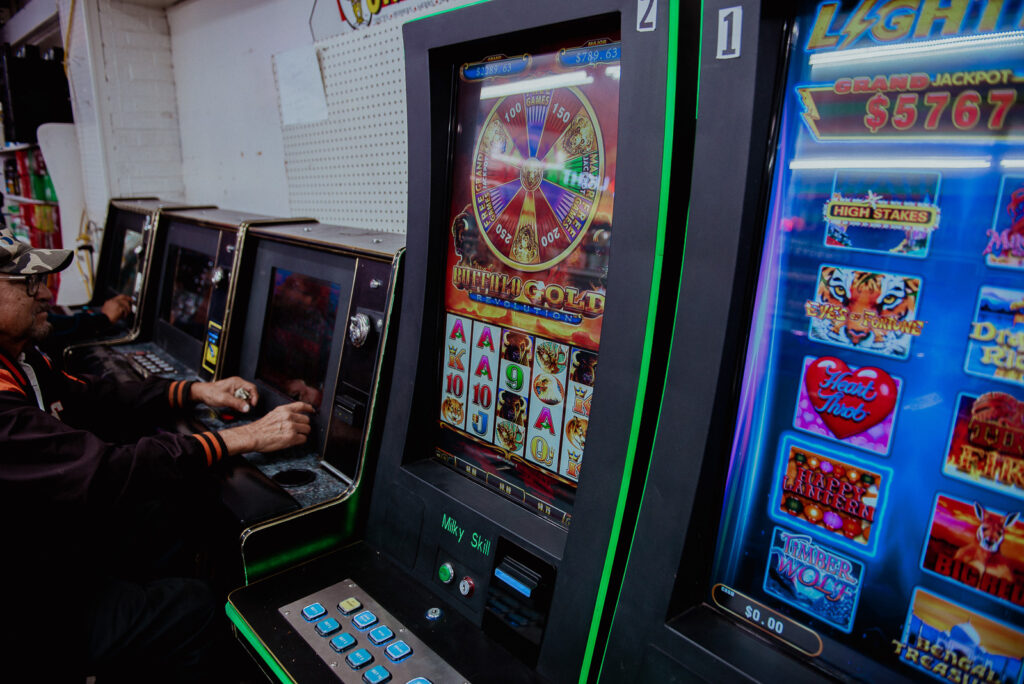
The future of gambling
Getting an official poker room in Dallas wasn’t easy.
Texas Card House was on the forefront of the Texas gambling wave when it opened in 2014, and the company was able to pave the way for poker clubs opening throughout the state by navigating the murky legal waters that the business treads in.
The card houses say that because poker is a game of skill it does not fall under the legal definition of gambling. And, because the card houses do not claim a portion of the earnings, or a “rake,” they say there is no profitable benefit to the establishment through the game. Instead, money is earned through membership dues or hourly club access fees.
Texas Card House opened the doors of its first Dallas location in 2020, following months of negotiation between the card house, city staff, the city attorney’s office, the board of adjustment and the Dallas Police Department.
The city population was “clamoring” for poker, Texas Card House CEO Ryan Crow says.
But one outspoken opponent of gambling, city council member Cara Mendelsohn, has staved off the opening of several poker rooms in District 12 and made it clear to potential operators they “are not welcome.”
After a July 2021 incident in a District 12 illegal poker room left one man with a slashed throat and in serious condition, Mendelsohn told constituents that she was working with State Representative Matt Shaheen to shut down all poker rooms in the district.
Mendelsohn has said that if laws have loopholes, like those that currently allow card houses, the gray area needs to be clarified rather than taken advantage of.
“If you read the state law, it seems clear that the business model of the poker rooms is illegal since they are receiving a benefit,” Mendelsohn wrote in a newsletter shortly after the 2021 incident. “Poker rooms are making millions of dollars annually. If it is deemed the poker rooms are illegal, the City of Dallas should not be issuing a certificate of occupancy for an illegal business.”
Not long after opening, the city changed their minds and revoked the certificate of occupancy that had been issued to Texas Card House, telling the business they were operating illegally.
Crow credits Mendelsohn with leading the hostile attitude towards card houses in the city.
“There’s just so much demand in (Dallas.) And the reason clubs haven’t popped up all over is just because of the legal challenges that we face here,” Crow says. “Obviously, everyone in the industry is watching. And when we start getting these legal challenges … no one really wants to open.”
Over the course of several lawsuits and counter lawsuits — which the city had spent $550,000 on as of January 2023 — Texas Card House and the two other poker rooms involved in the suit, Shuffle 214 and Poker House of Dallas, have been allowed to remain open.
In January 2022, West made a “business friendly” proposal that he hoped would put an end to the litigation stalemate.
“The city manager confirmed that staff will work with the city attorney’s office to craft a land use category that considers current penal code restrictions on card houses and also provisions that will protect neighborhoods, such as proximity limitations,” West said in that month’s city council meeting.
In the last 12 months, no such land use category has been drafted.
City Staff did provide a brief update at the Dec. 12 Government Performance and Financial Management Committee meeting, after being pulled in “kicking and screaming,” West says.
In the briefing, Bertram Vandenberg, interim chief of general counsel for the city attorney, said the Zoning Ordinance Advisory Committee, who will be tasked with developing the land use category, would consider limiting clubs to certain entertainment districts in the city. Vandenberg declined to say whether a new land use ordinance would eliminate the current litigation with Texas Card House, Shuffle 214 and Poker House of Dallas.
Just getting an update on the possible land use category was a “very painful process,” West says, in part because a lack of urgency from constituents has left city staff “content” with waiting on the courts to decide on the legal legitimacy of card houses.
Homelessness was one of the most urgent issues on the city council’s agenda in 2023. There was a city council election in May, and preparation is underway for a $1.1 billion bond in 2024. Despite the proposed solution in January, poker was not the talk of 2023.
“Why would staff put their necks out on the line to provide a legal path when the courts are going to figure it out for us,” West says. “There’s not people clamoring for these card houses other than the owners.”
Crow disagrees.
The Las Colinas poker room is the highest performing location for Texas Card House, which operates in six cities. The North Dallas location isn’t far behind.
On an average night, he estimates between 500 and 1,000 people visit the two locations. Those people didn’t learn how to play poker overnight when Texas Card House opened, Crow says. They were playing underground, or traveling to Oklahoma.
Each person that travels to Oklahoma represents taxes that Texas has lost, he says. In 2022, Texas Card House brought over $1.1 million in property and sales tax revenue to Dallas.
And underground games can quickly turn dangerous because of the hesitation to call the police when there is a threat, a “very common story in the community” Crow says.
“If something happens, we have armed security, and if something major happens, we call the police. A lot of those games that are running illegally, they’re not going to call the police because they’re running an illegal game and they’re going to get arrested,” Crow says. “It happens all the time. It doesn’t get reported, unless it devolves into a shooting, or somebody getting stabbed.”
It’s a danger that West acknowledged in his 2023 plan, where he warned shutting down the Dallas card houses would only push more games underground.
As a small business owner, West says he is sympathetic to the poker rooms that opened under the pretense of operating legally, before the city “changed the rules” on them. He now plans to propose a resolution that will allow the card houses that opened prior to the city’s change of heart to continue operation until a state-wide decision on gambling is made.
“These businesses came in, they invested capital and time and effort, in some cases they bought land and buildings,” West says. “I’m hoping to find a path to legalization for them, and then just everyone else can wait until after the state figures out.”
The state-wide perception of gambling is a tricky one, Crow says.
The lottery and bingo are forms of gambling that have been deemed acceptable, but he doesn’t think the taboo of games like poker or places like casinos will be going away anytime soon. It’s going to take people from around the state becoming more comfortable with different types of gambling to legalize it in Texas, he says.
It’s a conversation the Texas legislature has been tossing around for years. A conversation that has been stirred even more since the recent partnership between Dallas billionaire Mark Cuban and Miriam Adelson, the owner of a mega-successful Las Vegas casino and resort company.
And a conversation that Crow says will not end overnight.
“We want to be friends with the city of Dallas, we want to be wanted here. We’ve tried to have the conversations when they’re willing to,” Crow says. “(In Texas) I think (legalization) is a five-to 10-year project, but I do think ultimately it’s what ends up happening.”
